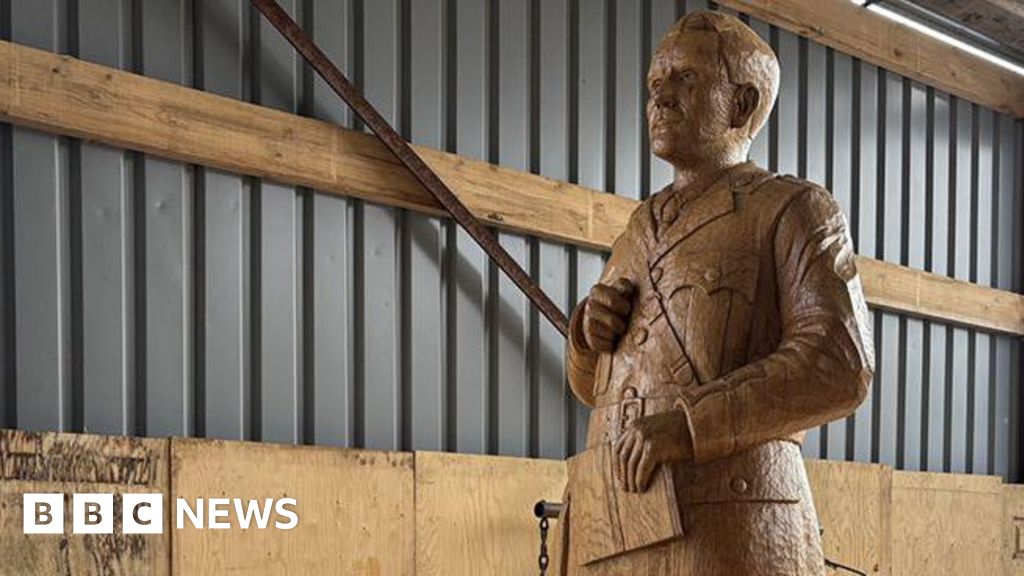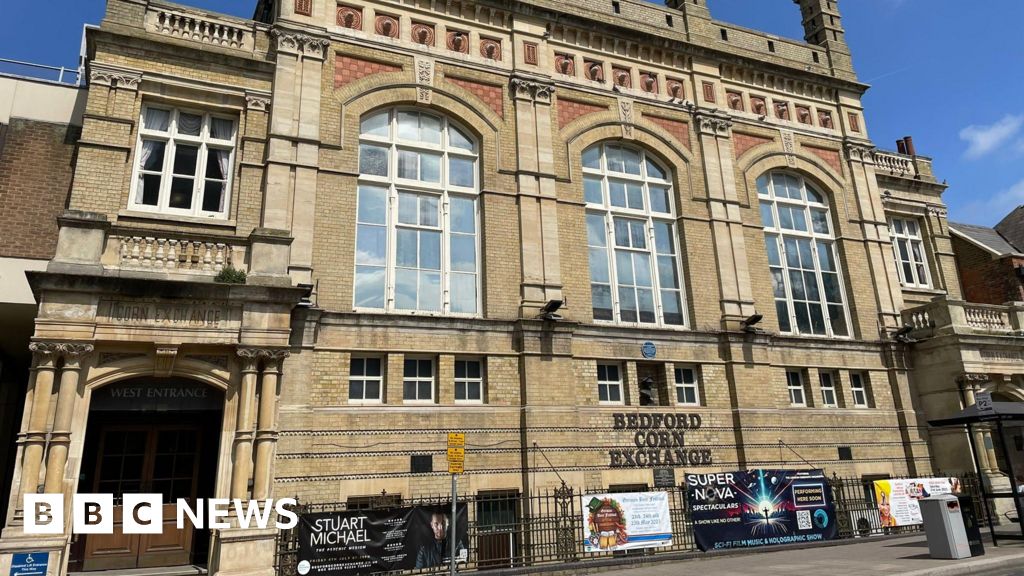- Energy
EyeVac Pro Touchless Automatic Dustpan $179$199Save $20with coupon
时间:2010-12-5 17:23:32 作者:Social Media 来源:Middle East 查看: 评论:0内容摘要:, firing 355 drones., firing 355 drones.
Asked concretely what such an offer would entail, Parolin said that the Vatican could serve as a venue for a direct meeting between the two sides.“One would aim to arrive at this, that at least they talk. We’ll see what happens. It’s an offer of a place,” he said.

“We have always said, repeated to the two sides that we are available to you, with all the discretion needed,” Parolin said.The Vatican scored what was perhaps itsof the Francis pontificate when it facilitated the talks between the United States and Cuba in 2014 that resulted in the resumption of diplomatic relations.

The Holy See has also often hosted far less secret diplomatic initiatives, such as when it brought together the rival leaders of South Sudan in 2019. The encounter was made famous by the image of Francis bending down toto beg them to make peace.

Perhaps the Holy See’s most
came during the peak of the Cuban missile crisis when, in the fall of 1962, Soviet Premier Nikita Khrushchev ordered a secret deployment of nuclear missiles in Cuba that were soon detected by U.S. spy planes.“We are expanding everything that we did at Apiwxta to an entire region,” said Ashaninka and OPIRJ leader Francisco Piyãko, speaking in front of his home in Apiwtxa. “This is not only about implementing a project. What is at stake is cultural change. This is essential to protect life, the territory and its peoples.”
Ashaninka Indigenous leader Francisco Piyako poses for a portrait during the annual celebration recognizing the Ashaninka territory in the Apiwtxa village, Acre state, Brazil, Monday, June 24, 2024. (AP Photo/Jorge Saenz)Ashaninka Indigenous leader Francisco Piyako poses for a portrait during the annual celebration recognizing the Ashaninka territory in the Apiwtxa village, Acre state, Brazil, Monday, June 24, 2024. (AP Photo/Jorge Saenz)
EDITOR’S NOTE: This is part of a series of on how tribes and Indigenous communities are coping with and combating climate change.Indigenous groups have long argued that they are in the best position to conserve and protect forests, having been successful stewards of lands for thousands of years. Indigenous land management is increasingly a central policy discussion at climate talks as global warming worsens and other methods to protect forests, such as carbon credit schemes, have largely not been successful.
- 最近更新
- 2025-07-07 05:02:47Magnitude 6.3 earthquake shakes Colombia’s capital Bogota
- 2025-07-07 05:02:47The Hugo Spritz is the it drink of summer (and this version has a surprising connecti…
- 2025-07-07 05:02:47In India, war came dressed in feminist camouflage
- 2025-07-07 05:02:47Markram and Bavuma put South Africa on verge of WTC win against Australia
- 2025-07-07 05:02:47Could AI help elderly people and refugees reconstruct unrecorded pasts?
- 2025-07-07 05:02:47India-Pakistan matches confirmed at ICC Women’s World Cups in 2025 and 2026
- 2025-07-07 05:02:47Pesto and Tomato Grilled Pizza
- 2025-07-07 05:02:47Iran warns US of consequences after strikes, says Trump betrayed his voters
- 热门排行
- 2025-07-07 05:02:47Anker Surge Protector Power Strip
- 2025-07-07 05:02:47‘I realised I was alive’: Sole survivor of Air India crash recounts tragedy
- 2025-07-07 05:02:47The most (and least) expensive states for car insurance in 2025
- 2025-07-07 05:02:47Iran warns US of consequences after strikes, says Trump betrayed his voters
- 2025-07-07 05:02:47Gap insurance: How it works — and when the coverage is worth the cost
- 2025-07-07 05:02:47‘We’ll end this war’: Iran warns ‘gambler’ Trump as it hits back at Israel
- 2025-07-07 05:02:47What is a debt consolidation loan — and how can it help you lower your interest rate?
- 2025-07-07 05:02:47These dads lost everything, and then they found each other
- 友情链接
- “Will Israel accept” Iran if it’s not a nuclear threat? Iran warns US of consequences after strikes, says Trump betrayed his voters Seven killed in helicopter crash in India’s Uttarakhand state India-Pakistan matches confirmed at ICC Women’s World Cups in 2025 and 2026 US lawmakers condemn Trump for ‘unconstitutional’ attack on Iran At least 270 bodies recovered from Air India crash site in Ahmedabad Real Madrid beat Pachuca at Club World Cup despite Asencio’s early red card Lake Chad Basin: Violence and displacement India says it will ‘never’ restore Indus Waters Treaty with Pakistan Lone survivor of Air India crash mourns brother Amid US-Pakistan thaw, two key challenges: Iran and China DR Congo and Rwanda to sign peace agreement on June 27 Is Trump planning an ‘Africa visa ban’? ‘I realised I was alive’: Sole survivor of Air India crash recounts tragedy Why India refused to join SCO condemnation of Israel’s attacks on Iran US strikes Iran, what comes next? Devi Khadka: The woman leading the fight against wartime sexual violence New Sri Lanka mass grave discovery reopens old wounds for Tamils China’s Xi Jinping meets Central Asian leaders: Why their summit matters Report: Two-time NBA Finals MVP Kevin Durant traded to Houston Rockets Wagner vs Africa Corps: The future of Russian paramilitaries in Mali DR Congo and Rwanda to sign peace agreement on June 27 The Netherlands returns 119 stolen sculptures to Nigeria ‘Thithi president!’: Supporters rally for banned Ivorian opposition hopeful Why India refused to join SCO condemnation of Israel’s attacks on Iran India-Pakistan matches confirmed at ICC Women’s World Cups in 2025 and 2026 US lawmakers condemn Trump for ‘unconstitutional’ attack on Iran At least 270 bodies recovered from Air India crash site in Ahmedabad US bombs Iran: What we know about US strikes on Iran’s nuclear facilities Trump’s Pakistan embrace: ‘Tactical romance’ or a new ‘inner circle’?
